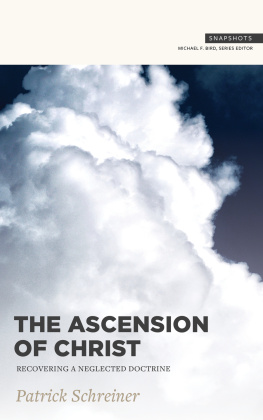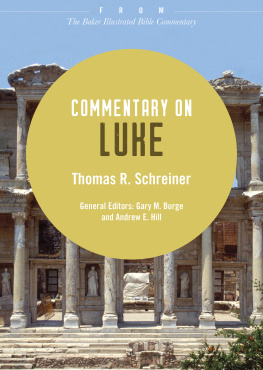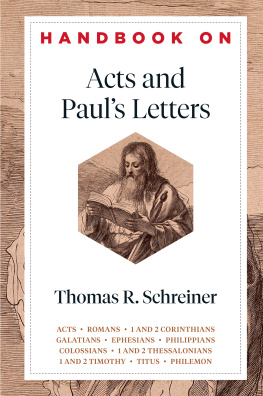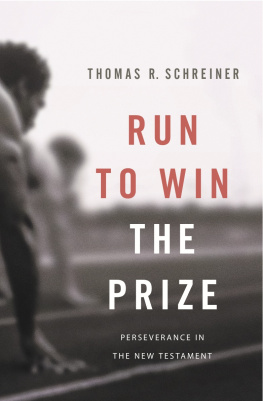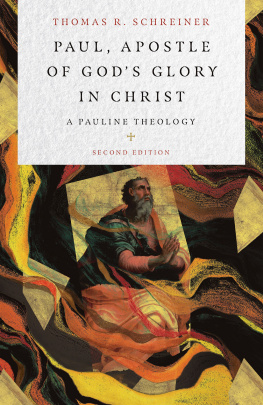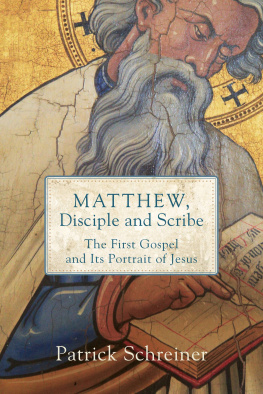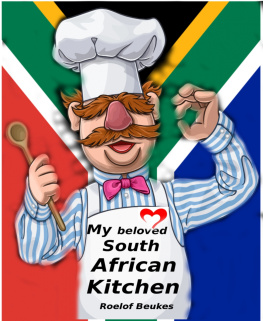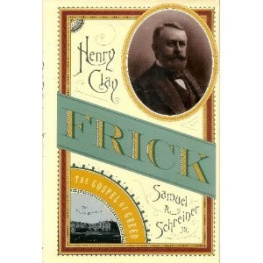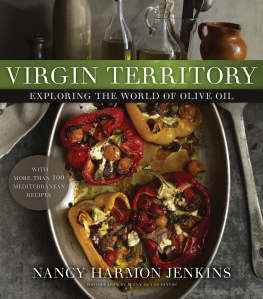THE SOUTH AFRICAN
QUESTION.
Many views have found expression in the columns of papers during the last weeks. The working man only a few weeks or months from England has expressed his opposition to those stratagems with war for their aim which would leave him without the defence he has at present from the pressure of employers. Journalists only a few years, months, or weeks from Europe, have written, not perhaps expressing a desire for war, but implying it might be well if the wave swept across South Africa, and especially across that portion which is richest in mineral wealth, and, therefore, more to be desired. [6] South Africans and men from Europe alike have written deprecating war, because of the vast suffering and loss it would occasion to individuals. Dutch and English South Africans have written (as one in an able and powerful letter dated from Vrededorp, which appeared a few days ago) proving the injustice that would be inflicted on the people of Africa, the violation of treaties and trust. But, amid all this chorus of opinion there is one voice which, though heard, has not yet been heard with that distinctness and fulness which its authority demandsit is the voice of the African-born Englishman who loves England, the man who, born in South Africa, and loving it as all men, who are men, love their birth-land, is yet an Englishman, bound to England not only by ties of blood, but [7] that much more intense passion which springs from personal contact alone. Our position is unique, and it would seem that we are marked out, at the present juncture of South African affairs, for an especial function, which imposes on us, at whatever cost to ourselves, the duty of making our voices heard and taking our share in the life of our two nations, at their
MOST CRITICAL JUNCTURE.
For, let us consider what exactly our position is.
Born in South Africa, our eyes first opened on these African hills and plains; around us, of other parentage but born with us in the land, our birth-fellows, were men of another white race; and we grew up side by side with them. Is it strange that, like all men [8] living, who have the hearts of men, we learnt to love this land in which we first saw light? In after years, when we left it, and lived months or years across the seas, is it strange we carried it with us in our hearts? When we stood on the Alps and looked down on the lakes and forests of Switzerland, that we have said, This is fair, but South Africa to us is fairer? That when on the top of Milan Cathedral and we have looked out across the wide plains of Lombardy, we have said, This is noble; but nobler to us are the broad plains of Africa, with their brown kopjes shimmering in the translucent sunshine? Is it strange that when, after long years of absence, years it may be of success and the joy which springs from human fellowship and youth, our ship has cast its anchor in [9] sight of Table Bay, and the great front of Table Mountain has reared up before us, a cry of passionate joy has welled up within us; and when we saw the black men with their shining skins unloading in the docks, and the rugged faces of South Africans, browned with our African sun, we put our foot on the dear old earth again, and our hearts have cried: We are South Africans! We have come back again to our land and to our people? Is it strange that when we are in other lands and we fear that death approaches us, we say: Take me back! We may live away from her, but when we are dead we must lie on her breast. Bury us among the kopjes where we played when we were children, and let the iron stones and red sand cover us? Is it strange that wherever we live we all want to [10] go home to die; and that the time comes when we know that dearer far to us than fame or success is one little handful of our own red South African earth? Is it strange that, when the
TIME OF STRESS AND DANGER
comes to our land, we realize what, perhaps, we were but dimly conscious of before, that we are Africans, that for this land and people we could liveif need be, we could die?
Is it strange we should feel this? The Scotchman feels it for his heathery hills, the Swiss for his valleys. All men who are men feel it for the land of their birth!
What is strange is not that we have this feeling, but that, side by side with it, we have another. We love Africa, but we love England also. It is not [11] merely that when for the first time we visit the old nesting place of our people it is rich for us with associations, that we tread it for the first time with something of the awe and reverence with which men tread an old cathedral, rich with remains of the great dead and past; it is not merely that the associations of language and literature bind us to it, nor that in some city or country churchyard we stand beside the graves of our forefathers, and trace on mould-eaten stones the names we have been familiar with in Africa, and bear as our own; nor is it that we can linger yet on the steps of the church where our parents were united before they moved to the far South, and made of us South Africans. Beyond all these impersonal, and more or less intellectual ties, we [12] form a personal one with England. Whether we have gone home as students to college or university, or for purposes of art, literature, or professional labor, as time passes there springs up around us
A NETWORK OF TENDER BONDS;
there are formed the closest friendships our hearts will ever know, such as are formed only in the spring time of life; there is gained our first deep knowledge of life, and there grow up within us passions and modes of thought we will carry with us to our graves. After years, it may be after many years, when we return, on the walls of our study in South Africa we still keep fastened in memory of the past the old oar with which we won our first boating victory on Cam or Thames; and the faces of the men who shared our victory with us still look down at us from our walls. Not dearer to any Englishman is the memory of his Alma Mater than to him who sits thousands of miles off in the South, and who, as he smokes his last pipe of African Boer or Transvaal tobacco, is visited often by memories of days that will never fade, evenings on the river with bright faces and soft voices, long midnight conclaves over glimmering fires, when, with voices and hearts as young and glowing as our own, we discussed all problems of the universe and longed to go out into life that we might settle themthey come back to us with all the glitter and light which hangs only about the remembrances of youth: and for many of us the memory of fog-smitten London is inextricably blended with the all profoundest emotions, the most passionate endeavors, noblest relations our hearts will ever know. The steamers that come weekly to South Africa are not for us merely vessels bringing news from foreign lands; nor do they merely bring for us the intellectual pabulum which feeds our mental life; they bring us



